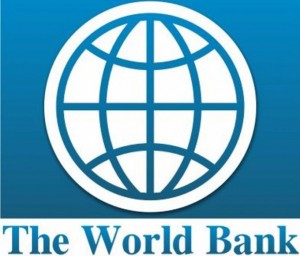Government to introduce GNPSN programme to support the vulnerable
 Government is to roll out the Ghana National Productive Safety Network (GNPSN) programme to support abled vulnerable people.
Government is to roll out the Ghana National Productive Safety Network (GNPSN) programme to support abled vulnerable people.
Under the programme, individuals who are on the various social protection intervention programmes and are abled, would be accessed and exited to join the GNPSN programme.
The beneficiaries would then be given skill trainings and supported with funds to start their own business or expand their business to ensure that they take care of themselves and their dependents and be self-reliant.
The programme, which is being sponsored by the World Bank, would be managed by the Ministry of Gender, Children and Social Protection and the Ministry of Local Government and Rural Development.
The Deputy Minister for Gender, Children and Social Protection, Ms Gifty Twum- Ampofo said this in an interview with the media at the disbursement of livelihood Empowerment Against Poverty (LEAP) payment to 232 beneficiaries from Oboadaka, Otopayaw and Pokrom in the Akuapem South District of the Eastern Region.
She expressed the hope that by the end of the year, funds from the World Bank would be made available to the country for the programme to start.
Ms Twum-Ampofo said the LEAP had seen an increase and about 50 per cent of the vulnerable people have been enrolled unto the programme.
She noted that in the Eastern Region alone, about 30 to 35 per cent increment had been realized in terms of beneficiaries.
She said it was the hope of the Ministry that within the shortest possible time, some of the beneficiaries would be graduated to a ‘’LEAP Exit Plan’’ so that they would be supported to be self-reliant to coincide with the Ghana National Productive Safety Network programme.
Ms Twum-Ampofo said the unwillingness of individual caregivers to disclose the names of people who are qualified to be deleted from the system in other to enrol many more unto the systems had been some of the challenges hindering the progress of the system.
She said the inaccessibility of some of the communities to get their payments to them electronically due to lack of electricity and some beneficiaries traveling for more than five kilometres to access their cash transfer, have also been identified as challenges, explaining that “the system do not want the beneficiaries to travel long distances just to take their monies”.
The LEAP in 2008 has a total of 1,654 households enrolled unto the initiative and increased to 2,013 in 2017, however, currently, a total of 4,000 households are benefiting from the program.
Source: GNA
